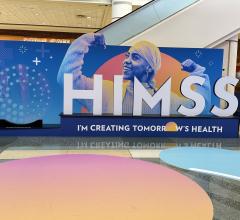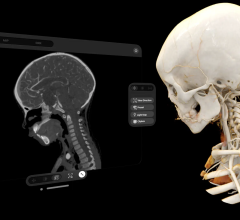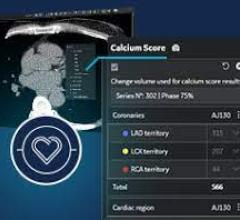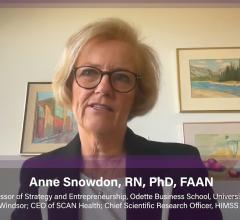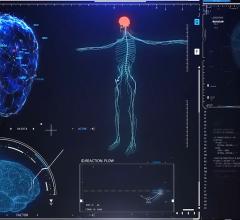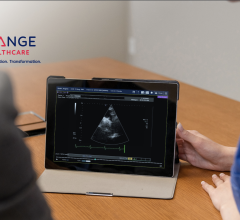
May 6, 2014 — Technology’s newest tool and its potential to improve patient care will be the focus of a first-of-its-kind special session at the 2014 Society for Cardiovascular Angiography and Interventions (SCAI) scientific sessions in Las Vegas. In line with interventional cardiology’s long commitment to innovation that results in improved patient outcomes, the in-depth session on Google Glass will explore the concept of wearable technology in medicine, how interventional cardiologists are already using it to transform education, and both the challenges and opportunities for more widespread use in the future.
“We are at an exciting point in our profession, where we are discussing a technology whose potential uses can transform the work we do, from the care we provide patients to the education we share with one another,” said Morton J. Kern, M.D., FSCAI, SCAI 2014 program director and co-moderator of the session. “Interventional cardiology has focused on innovating to save lives and improve care for heart disease patients for nearly 40 years. Examining Google Glass at the SCAI annual meeting is a natural fit and an ideal venue for us to examine how such new technology can be applied to diagnosis and treatment of cardiovascular disease.”
Google Glass is a wearable computer developed by Google with the mission of bringing hands-free technology to the public. Worn as a headset similar to eyeglasses, the Google Glass device displays smartphone-like information and allows users to communicate commands with their voice. Currently unavailable to consumers, Google Glass users are part of its beta-testing program “Glass Explorers.”
In addition to reviewing what Google Glass is and how it works, the SCAI 2014 session will focus on how it will improve medical care, how it is currently being used as a tele-mentoring tool around the world, and the challenges physicians and their teams face as they implement it into practice. Speakers will include physicians from around the country who are exploring technology in their practice.
“Just as smartphones have transformed our everyday lives in ways we once thought unimaginable, it is hard to imagine the effect the next technology phase will have,” said Barry F. Uretsky, M.D., FSCAI, session co-moderator. “This session will help us understand this next phase and imagine the possibilities for patient care that are coming in the not-too-distant future.”
The session, “Applications of Google Glass to Improve Outcomes in Interventional Cardiology,” will be held Wed., May 28.
For more information: www.scai.org


 December 23, 2025
December 23, 2025 
